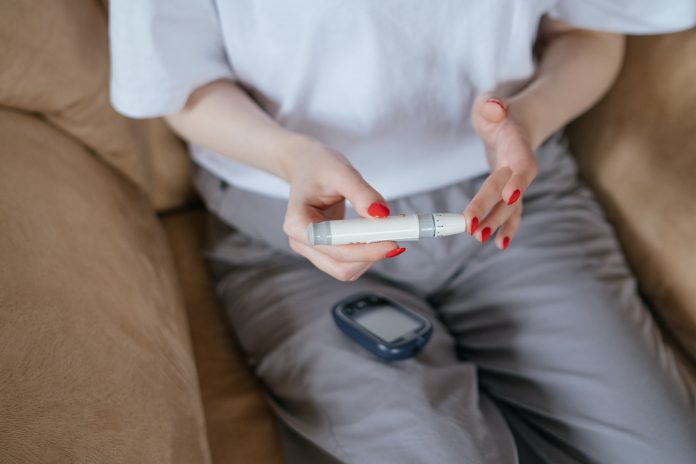
A landmark study led by Professor Roy Taylor and his team at Newcastle University indicates that individuals with lower body mass indexes (BMIs) can achieve remission from type 2 diabetes, offering hope to those who are not categorized as overweight or obese.
The study, known as the Reversal of Type 2 Diabetes upon Normalisation of Energy Intake in the Non-obese (ReTUNE) trial, was funded by Diabetes UK.
The results showed that 70% of lower weight participants achieved type 2 diabetes remission through diet-induced weight loss.
This finding is significant considering 10% of individuals with type 2 diabetes are neither overweight nor obese.
Previous Research by Professor Taylor
Professor Taylor’s previous research includes the Diabetes Remission Clinical Trial (DiRECT), which demonstrated that weight loss could lead to type 2 diabetes remission in overweight or obese people.
The Counterpoint study, also funded by Diabetes UK, established that the key to achieving remission in overweight or obese individuals was losing fat from the pancreas and liver, two crucial organs for blood sugar control.
The Design of the ReTUNE Trial
The ReTUNE trial included 20 participants with type 2 diabetes and a BMI just above the healthy range (BMI below 27). They followed a similar low-calorie diet program to that used in the Counterpoint study.
Participants discontinued all glucose-lowering tablets and adhered to a strict low-calorie diet of 800 kcal per day for 2–4 weeks, which involved formula meal replacements and non-starchy vegetables.
This period was followed by a 4–6 week weight loss maintenance phase that included the gradual reintroduction of regular foods.
The cycle was repeated up to three times, with participants losing between 10 and 15% of their body weight.
Findings of the ReTUNE Trial
The ReTUNE trial confirmed that individuals with lower BMIs can put their type 2 diabetes into remission through a structured low-calorie diet program, with the key being the loss of harmful fat from the liver and pancreas.
A year into the trial, the average BMI of participants had fallen from 24.8 kg/m^2 to 22.4 kg/m^2.
Approximately 70% achieved remission from type 2 diabetes, with half of these doing so after the first weight loss cycle. An average weight loss of about 8% of body weight was necessary for remission.
In those who achieved remission, average HbA1c levels decreased from 53 mmol/mol to 45 mmol/mol off all diabetes medication, and blood pressure reduced despite the use of fewer anti-blood pressure drugs.
Participants reported satisfaction with their weight loss and health improvements and did not report difficulties in maintaining their weight loss.
Future Implications of the ReTUNE Trial
Chris Askew, Chief Executive of Diabetes UK, described the study as game-changing and said it “advances our understanding of why type 2 diabetes develops, and what can be done to treat it.”
He expressed hope that, like the DiRECT trial, the ReTUNE trial would help develop services and support to allow more individuals with type 2 diabetes to have the possibility of remission.
One of the trial participants, David Childs from Sunderland, who is now in remission from type 2 diabetes, shared how the trial helped him regain his health.
If you care about weight management, please read studies about diets that could boost your gut health and weight loss, and 10 small changes you can make today to prevent weight gain.
For more information about diabetes, please see recent studies about How to eat to prevent type 2 diabetes, and 5 vitamins that may prevent complications in diabetes.
Follow us on Twitter for more articles about this topic.
Copyright © 2023 Knowridge Science Report. All rights reserved.



